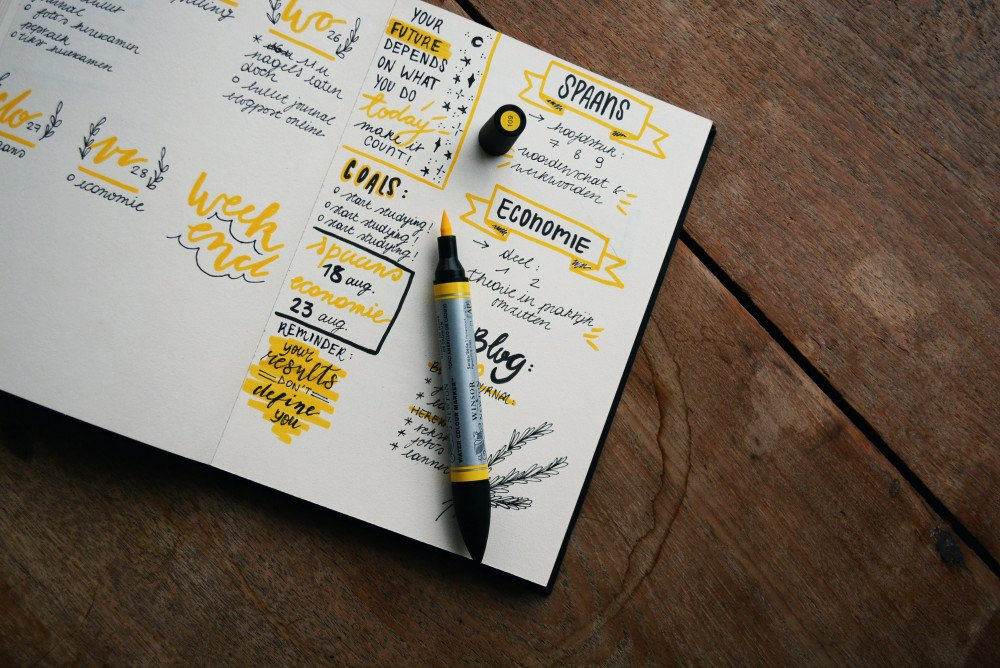We started 2020 with a huge bang, and I'm not sure how to feel about it. The most apparent crisis right now is the Covid-19 outbreak popping up everywhere, and I mean everywhere. It's on the news. It's in my social media feed. It's in almost every continent except Antarctica (not a tourist hot spot unless you want to be a human popsicle).
I can't help but wonder if this is one of those crises that reveal insights of ourselves. Given the timing of the disease just as we start this new decade, this season has shaped up to be an essential reflection quiz for all of us, especially on how we can develop resilience in times of adversity. On that topic, here are five ways we can become more resilient:
Always stay mindful
Being mindful of ourselves is a crucial foundation for everything else, particularly on resilience. We are always caught up with the changing world that it's hard to stay mindful of ourselves. Of course, that doesn't mean that we should be unchanging, but there are values that makes us us, and we need always to keep them in sight. These are foundations that, once we lose sight of them, we are desperate for when we meet crises. By then, we might be too lost to find our way back to stable ground again.

Credits: Natalia Figueredo / Unsplash
Staying mindful of ourselves helps us stay mindful of others too. If we continue to be aware of our actions and thoughts, it becomes easier to pick up on other people's thoughts. Know what makes us tick, and we know what makes others tick. That's where empathy breeds from, something we always need, be it in work or our relationships.
It's also about knowing our strengths. It's a fast-developing world out there, and we need a myriad of strengths - even the unexpected ones. Maybe your eye for digital design isn't just a hobby. Or your prowess in creating attractive Instagram posts could lead to a full-time job in content creation. There are a growing number of people who changed to drastically different careers, all because of skills they initially thought could only be hobbies. So take the time to think about our strengths. If we find ourselves cornered into a crisis someday, these strengths might very well bring us to a brand-new place more fulfilling than the last.
Never downplay challenges
One of the biggest misconceptions about personal struggle is that not every problem is important. At some point, we would have heard from others that, "Others have worse problems than yours." But problems remain problems. It's unhealthy to push them away because that does nothing to build your resilience towards similar or worse problems.

Credit: Priscilla Du Preez / Unsplash
Acknowledge that your problems are valid. Also, establish a support system with people in your life to work through these problems. It's essential to have someone you can share your problems with because at times they might even offer fresh solutions you had never thought of before.
Have faith in the good things, not the bad things
Fear is driven by expecting that things will always turn ugly, which is valid in some way because we have to prepare for the worst-case scenario. But it's also dangerous when we focus too much on the worst-case scenarios and miss out on the best things.

Credit: Pablo Heimplatz / Unsplash
There should be a mentality when we prepare for the worst yet still hope for the best. That way, we stay open to opportunities and are not paralysed by fear when things don't turn out well.
Give yourself a mental break
City dwellers like us are used to running the rat race when it comes to the next job, the next project, or the next relationship. But do we have the mental space to process everything properly? It would be healthier if we work with the mindset of "Where can I get some downtime?", rather than just working all the time, because the latter can lead to burning out in our careers and personal lives.
So do whatever you need to allow yourself to relax. Take the time you need to process everything before you.

Credit: Max van den Oetelaar / Unsplash
Practice self-discipline
As much as we all love to give ourselves a break, we still have to get out of it and go back to work. It is especially tricky when there's always a new cafe to visit, friends to have fun with, thousands of Netflix shows begging for our attention. It could even be as simple as being in our cosy comfort zone and not having to deal with difficult issues.
Self-discipline is that personal trainer that pushes you to get up and work it out. Although I don't think we should work continuously, I agree that it's more about working smart. What time of the day can we focus best? How long should our break be before we lose motivation? Planning out our time for work and break is also a form of self-discipline that strengthens our resilience through seasons in our lives.

Credit: Estée Janssens / Unsplash
And finally, reflect on the resilience you've grown so far
Speakers of inspirational talks always reference a specific event that was a 'turning point' in their personal lives. And there's a point in that. When we reflect on crises that happened in our lives, we realise things about ourselves that we might not see before. We might see how much stronger we've grown or better yet, recognise that a weakness is no longer there. When we reflect and acknowledge these 'turning points', we help ourselves become more resilient than we once were.

.jpg&square)















